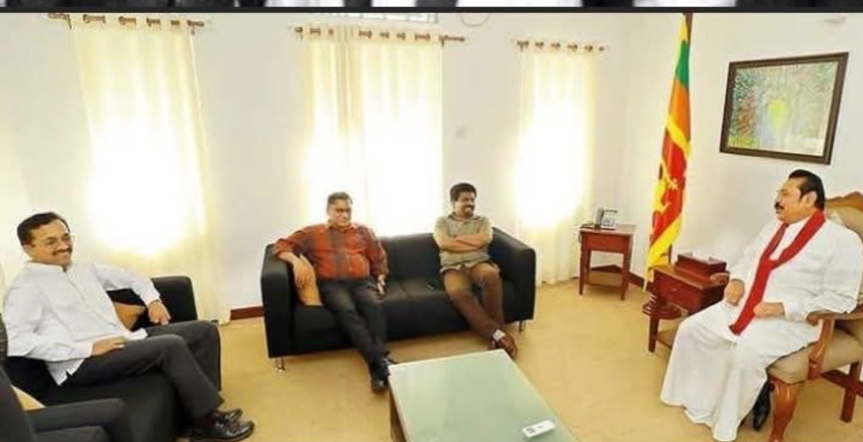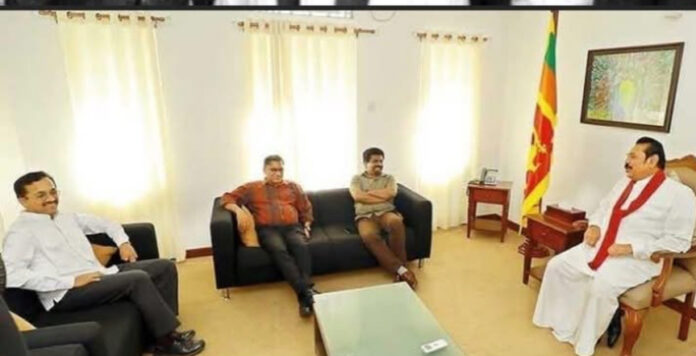By Adolf
In most democracies, the privileges extended to former heads of state are not seen as luxuries but as safeguards to uphold the dignity of the office. These entitlements ensure that those who once carried the heaviest burdens of leadership are not reduced to indignity in retirement. Sri Lanka’s recent decision to slash the benefits of former presidents—reportedly to save Rs. 80 million annually, or barely four rupees per citizen—reveals not prudence but sheer pettiness.
Other Countries
Look abroad. In the United States, under the Former Presidents Act, ex-presidents receive a lifelong pension, office staff, security, and medical coverage. The logic is not generosity but preservation of institutional respect. In the United Kingdom, former prime ministers are provided with a Public Duty Costs Allowance to cover their ongoing public roles. India’s former presidents enjoy lifelong accommodation, security, and staff. The principle is universal: treat the office with dignity, no matter how popular or unpopular the individual may be.
Small-Minded
Against this backdrop, Sri Lanka’s decision looks small-minded. The amount saved is negligible in a trillion-rupee budget. Stripping former presidents of dignity for the price of a cup of tea per citizen is not fiscal responsibility—it is a political stunt. President Anura Kumara Dissanayake (AKD) would do well to reflect on this. Leadership demands magnanimity, not vindictiveness. There is room to tone down benefits in line with today’s economic realities—reduce extravagance, streamline staff, limit vehicles—but such adjustments can be made with grace and fairness, not as a public spectacle. When cuts are framed as punishment, they demean not the individual but the institution itself.
Contribution
It is also important to acknowledge the contributions of past leaders, whatever their flaws. Mahinda Rajapaksa presided over the end of a 40-year conflict, a chapter of enormous historical consequence. Ranil Wickremesinghe, in his own way, steered the country through its worst economic crisis and prevented state collapse. One may debate their legacies, but both, at critical moments, bore the weight of national survival. That record alone merits a basic level of dignity in retirement. President AKD has a government to run today in no small part because of the interventions of these two individuals.

AKD enjoying a joke in the very house that Mahinda was asked to vacate
Humiliating
The danger of stripping benefits so crudely is not simply humiliation for individuals. It risks setting a precedent where each incoming president uses entitlements as a weapon against predecessors. That cycle weakens institutions and fuels vindictive politics. Mature democracies understand that safeguarding the dignity of the presidency, even after office, is part of safeguarding democracy itself. Sri Lanka’s leaders must rise above pettiness. If reforms to entitlements are necessary, let them be rational, proportionate, and respectful. What the country cannot afford is the erosion of institutional dignity for the sake of four rupees a head. In the end, the presidency belongs not to the individuals who hold it, but to the people. And a nation that fails to respect its highest office risks diminishing respect for itself. Anura must also remember: you reap what you sow. Bangladesh and Nepal are vivid reminders of how quickly vindictive politics can backfire. Ironically, the majority who voted for the bill are not even direct tax payers .
